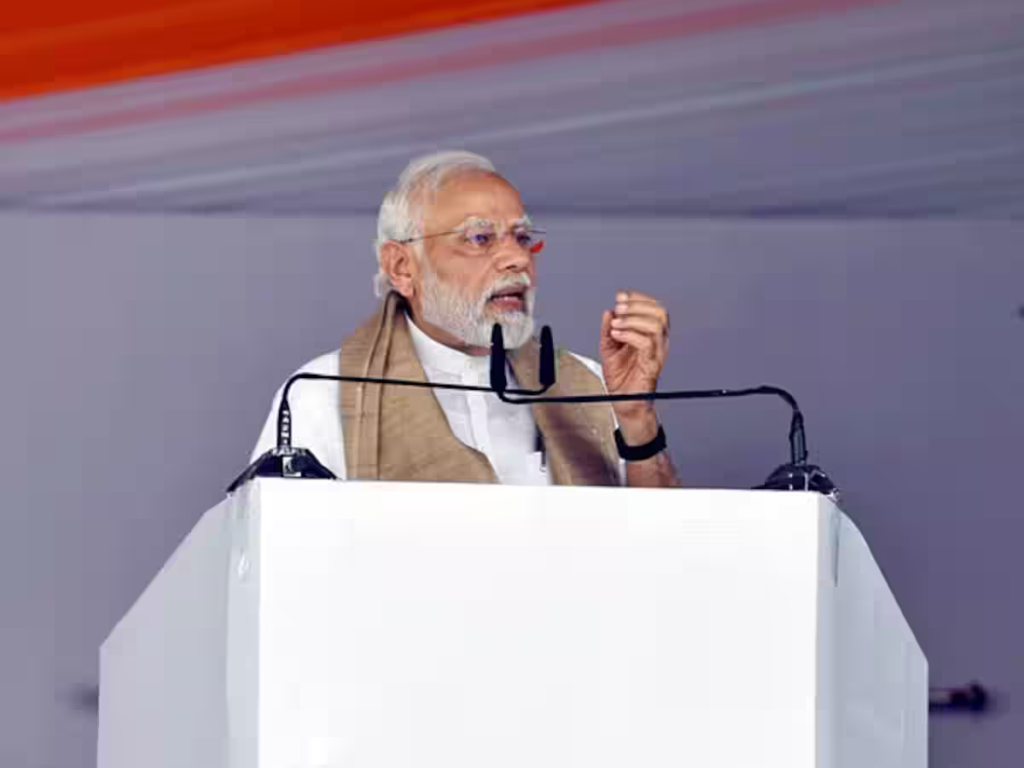India Imposes Sanctions on Pakistan After Terror Attack
India has announced tough sanctions against Pakistan following a deadly terror attack in Pahalgam, Jammu and Kashmir, on April 22, 2025.

The attack killed 26 people, mostly Indian tourists. India blames Pakistan for supporting the attackers.
In response, India suspended the Indus Waters Treaty, closed the Wagah-Attari border, and restricted Pakistani diplomats. Pakistan denies involvement and plans to discuss its response.
The international community is concerned about rising tensions between the two nuclear-armed nations.
What Happened?
On April 22, 2025, terrorists attacked tourists in Pahalgam, Jammu and Kashmir. The attack left 26 people dead, including 25 Indian citizens.
The Resistance Front (TRF), linked to Pakistan-based Lashkar-e-Taiba, claimed responsibility. This was the deadliest attack in India since the 2019 Pulwama strike.
India quickly pointed to Pakistan, accusing it of sponsoring terrorism. On April 23, India’s Cabinet Committee on Security, led by Prime Minister Narendra Modi, announced sanctions.
These include suspending the 1960 Indus Waters Treaty, closing the Wagah-Attari border, and declaring Pakistani military advisors in India persona non grata. India also revoked visa privileges for Pakistani citizens and reduced diplomatic ties.
What Did Pakistan Do?
India claims Pakistan supports terrorist groups like Lashkar-e-Taiba, which backs TRF.
The Indian government says Pakistan allows such groups to operate from its soil, targeting India, especially in Kashmir.
The Pahalgam attack targeted civilians, which India calls a deliberate escalation. Pakistan’s Defense Minister Khawaja Asif denied any connection to the attack.
He accused India of blaming Pakistan without evidence. Pakistan’s Foreign Ministry did not condemn the attack as terrorism, further angering India. Pakistan has called a National Security Committee meeting on April 24 to plan its response.
What Is India Saying?
India’s government is firm in its stance. Foreign Secretary Vikram Misri said the sanctions aim to pressure Pakistan to stop supporting terrorism.

The suspension of the Indus Waters Treaty, which governs shared river waters, is a major step. India says it will remain in place until Pakistan takes action against terror groups.
Union Minister CR Paatil called the decision “good” and suggested canceling all treaties with Pakistan. India’s Ministry of External Affairs has long accused Pakistan of sponsoring cross-border terrorism, calling it a “roadblock to peace.”
India also expelled Pakistani diplomats and withdrew its own from Islamabad.
International Community’s Reaction
The international community is worried about the escalating tensions. Both India and Pakistan are nuclear-armed, making any conflict risky.
The United States and United Nations have not issued official statements, but analysts urge caution. Michael Kugelman, a foreign policy expert, told the BBC that India might consider military action if it believes Pakistan was complicit.
However, he noted that nuclear risks force both sides to act carefully. Other nations, like China and Russia, have stayed silent so far.
The suspension of the Indus Waters Treaty has raised concerns about regional stability, as it could affect water access in Pakistan. Some experts fear Pakistan may retaliate, leading to a cycle of escalation.
Background Context
India and Pakistan have a history of conflict, especially over Kashmir. The 2019 revocation of Kashmir’s autonomy by India heightened tensions.
Pakistan has been accused of supporting militant groups in Kashmir, which it denies. The Indus Waters Treaty, signed in 1960, has been a rare point of cooperation. Its suspension is seen as a bold move by India.
The Wagah-Attari border closure halts trade and people’s movement, impacting both economies. Pakistan’s stock market fell 2.12% after the sanctions were announced, showing economic strain.
What’s Next?
Pakistan’s National Security Committee meeting on April 24 will decide its next steps.
Analysts expect Pakistan to protest the treaty suspension and seek international support. India is likely to maintain its tough stance, with possible further actions if more attacks occur.
The international community may push for dialogue to avoid a larger conflict. For now, the region remains tense, with both sides on high alert.


 ICCI invites Bangladesh to boost investment in Pakistan
ICCI invites Bangladesh to boost investment in Pakistan  US and Pakistan Seal New Trade Deal with Promises and Oil
US and Pakistan Seal New Trade Deal with Promises and Oil  India Set to Face Pakistan in WCL Semifinal
India Set to Face Pakistan in WCL Semifinal  Pakistan Joins WHO to Provide Free Cancer Medicine to Children
Pakistan Joins WHO to Provide Free Cancer Medicine to Children  Trump’s $21M USAID Claim for India Elections Never Existed
Trump’s $21M USAID Claim for India Elections Never Existed  Did India Strike Pakistan’s Nuclear Hub Kirana Hills?
Did India Strike Pakistan’s Nuclear Hub Kirana Hills?